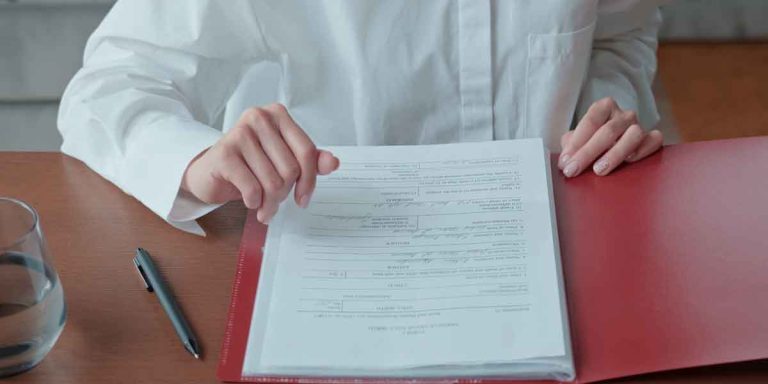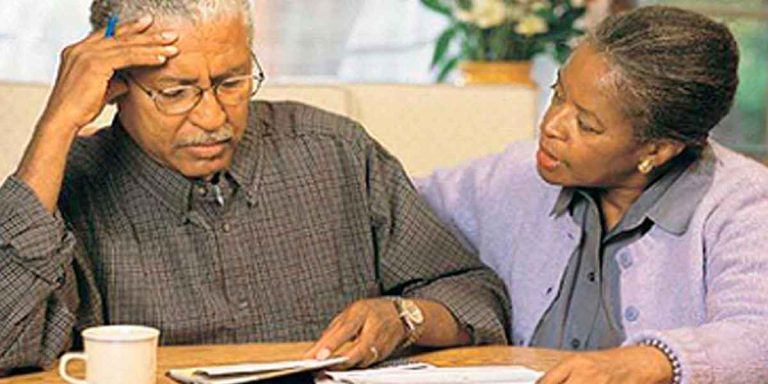
This Is How to Preempt Conflict over an Unequal Estate Plan
Fixing An Unequal Estate Plan An unequal Estate plan can be defined as an estate plan where a decedents children don’t have a fair share
Home » Estate Plan » Page 32

Fixing An Unequal Estate Plan An unequal Estate plan can be defined as an estate plan where a decedents children don’t have a fair share

What Estate Planning Includes An estate plan can provide you the essentials needed to make sure your estate and all your assets are in good

Common mistakes estate owners make is taking estate planning with levity and considering it to be a DIY activity. An estate plan covers a lot

Why An Update When it comes to already having an estate plan there can be events that can occur where you need to change up

ESTATE PLANNING When planning an estate plan in New York State it is important to know the terms to understand with what you’re doing. Terms

Estate planning is a very technical matter as it involves fiscal and well-being matters occurring in your life and when you die. Estate planning typically

WeWork Miracles Over 200 women achieved a life time important goal and got to start up 10 separate businesses in Miami, Florida by winning a

ESTATE PLANNING When planning an estate plan in New York State it is important to know the terms to understand with what you’re doing. Terms

What a Elder Law Attorney Provides An elder law attorney can give you whatever you need when it comes to planning a perfect place for

What is bequest arranging? Bequest arranging is the most common way of sorting out a person’s home and monetary issues in a manner that amplifies